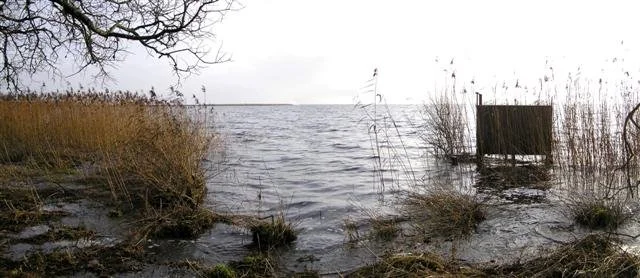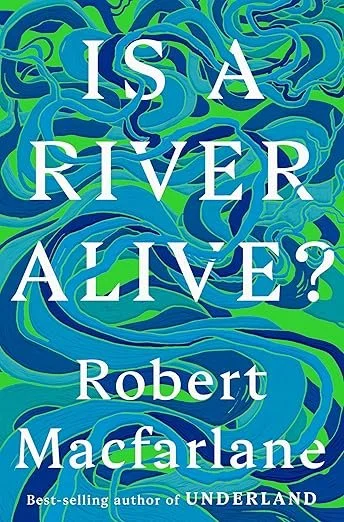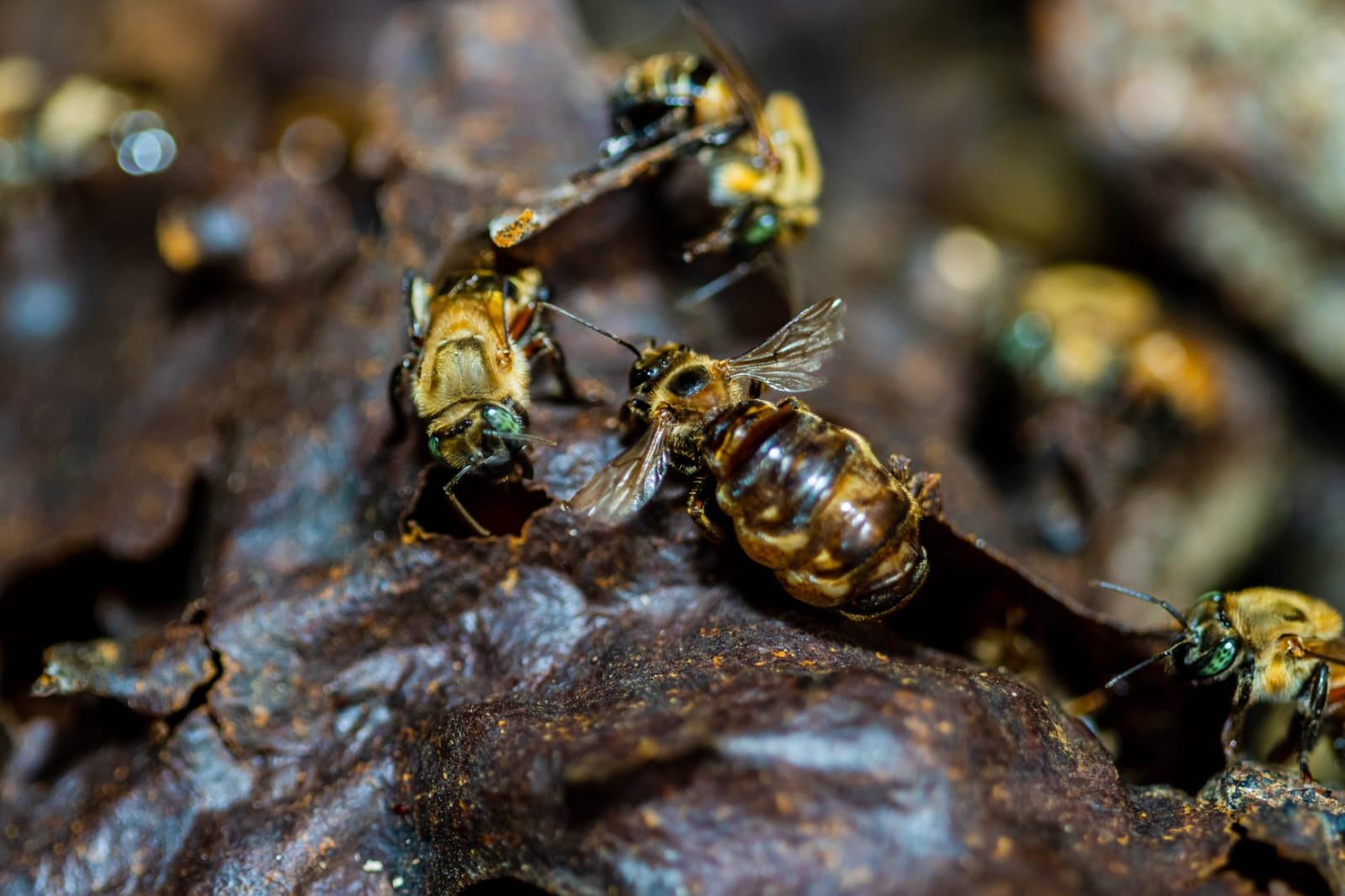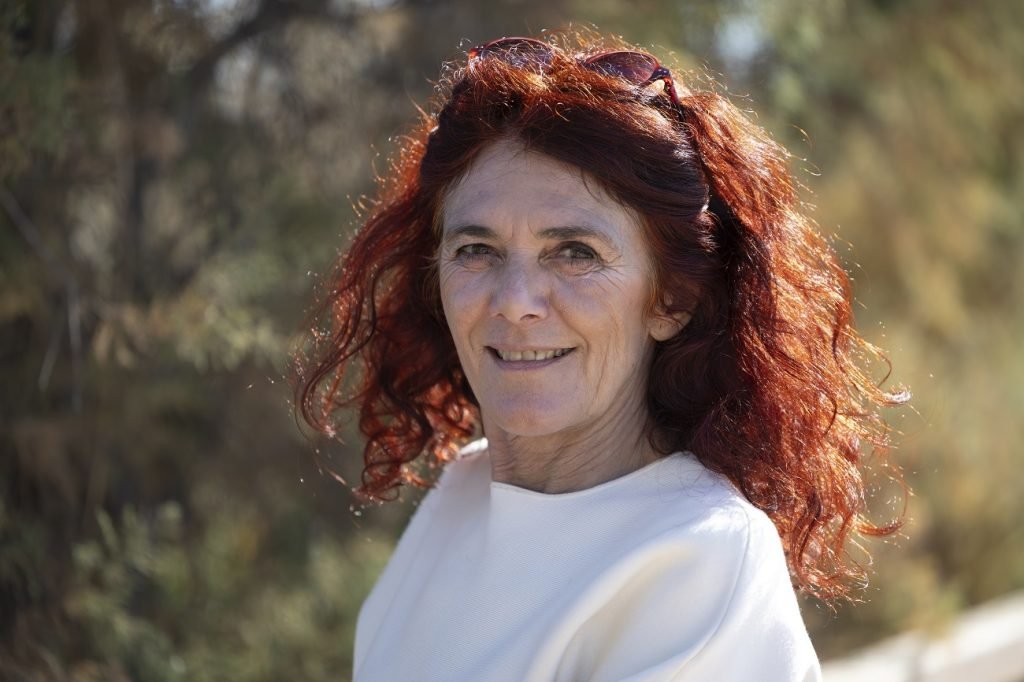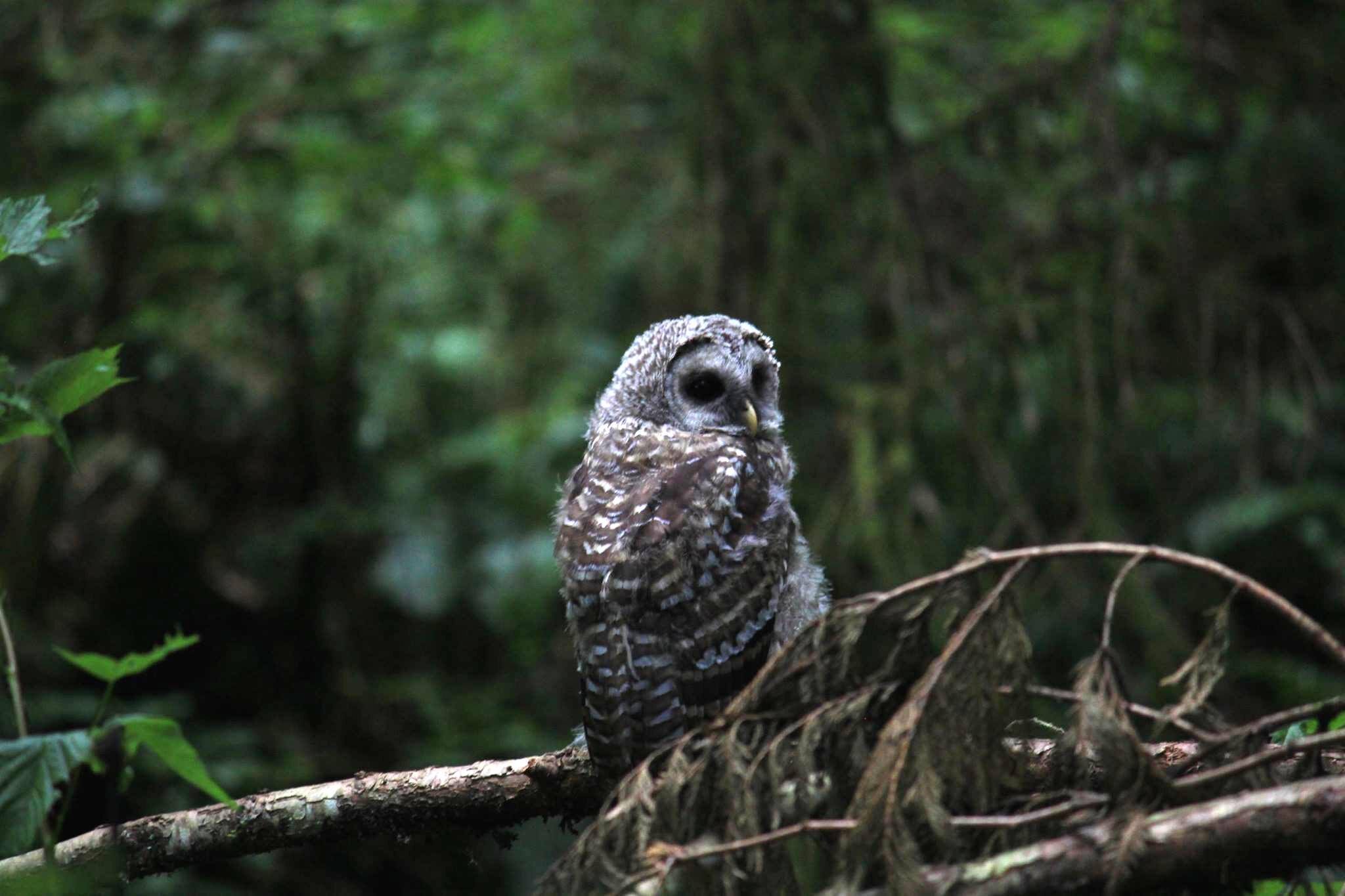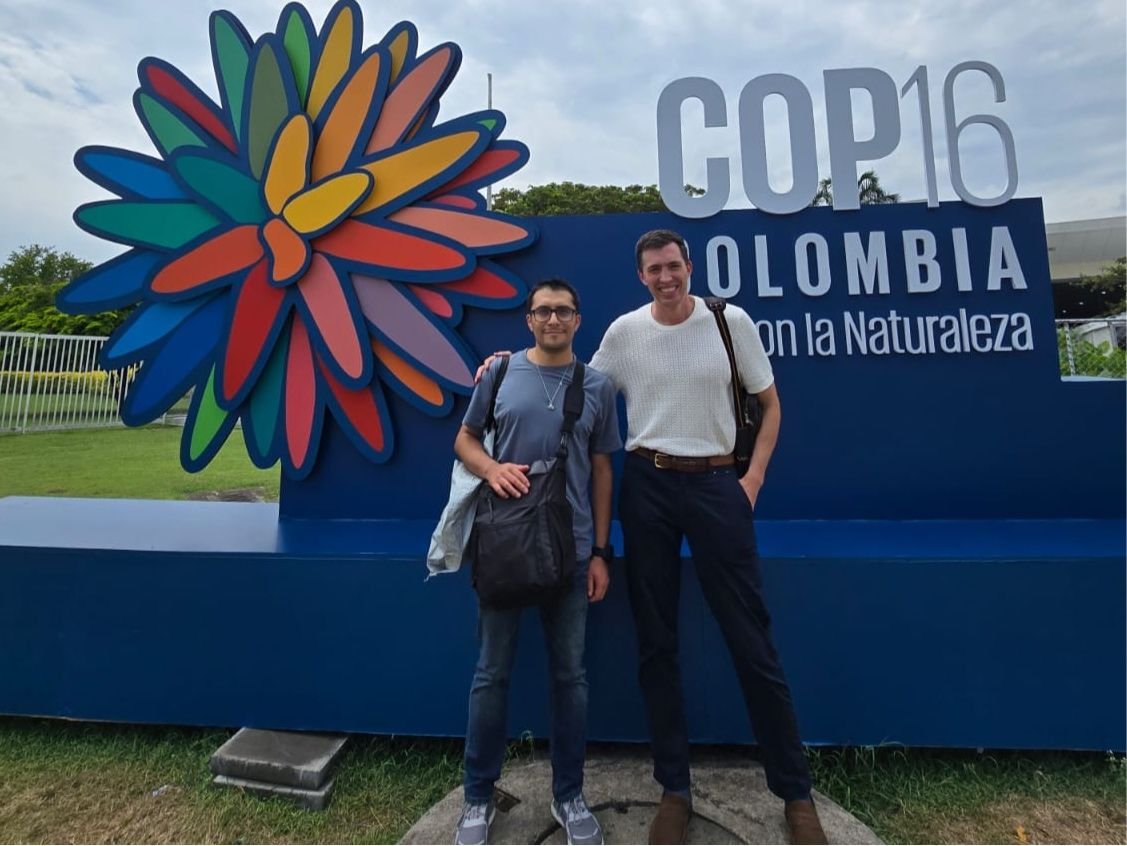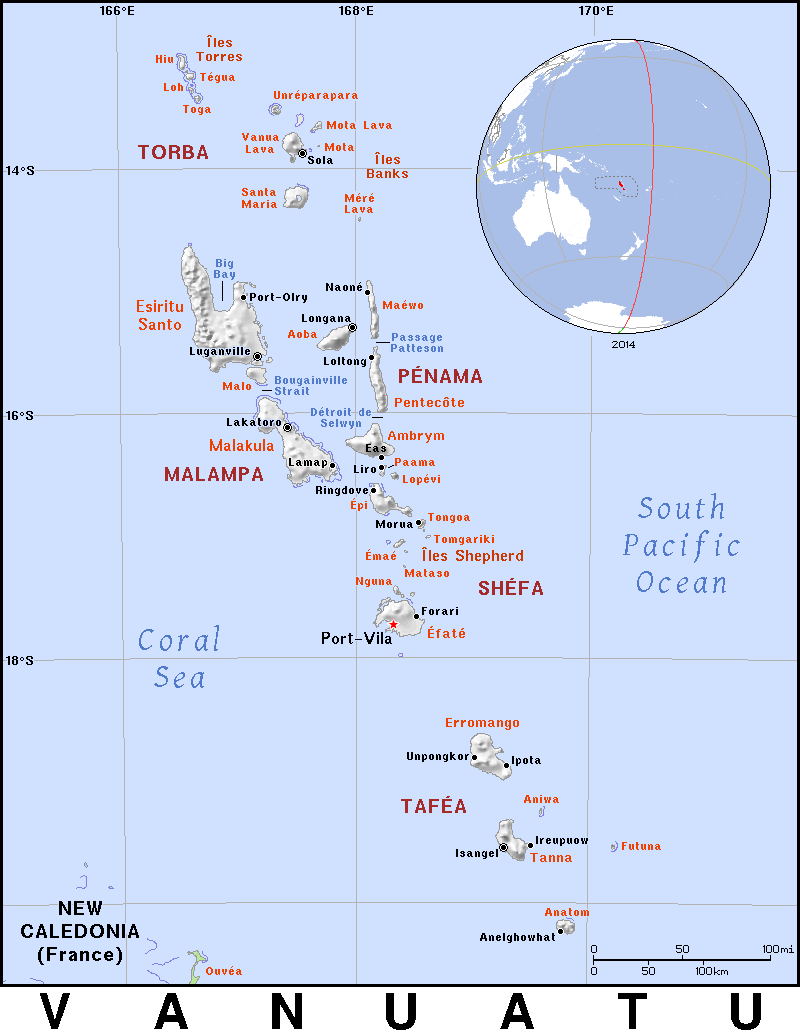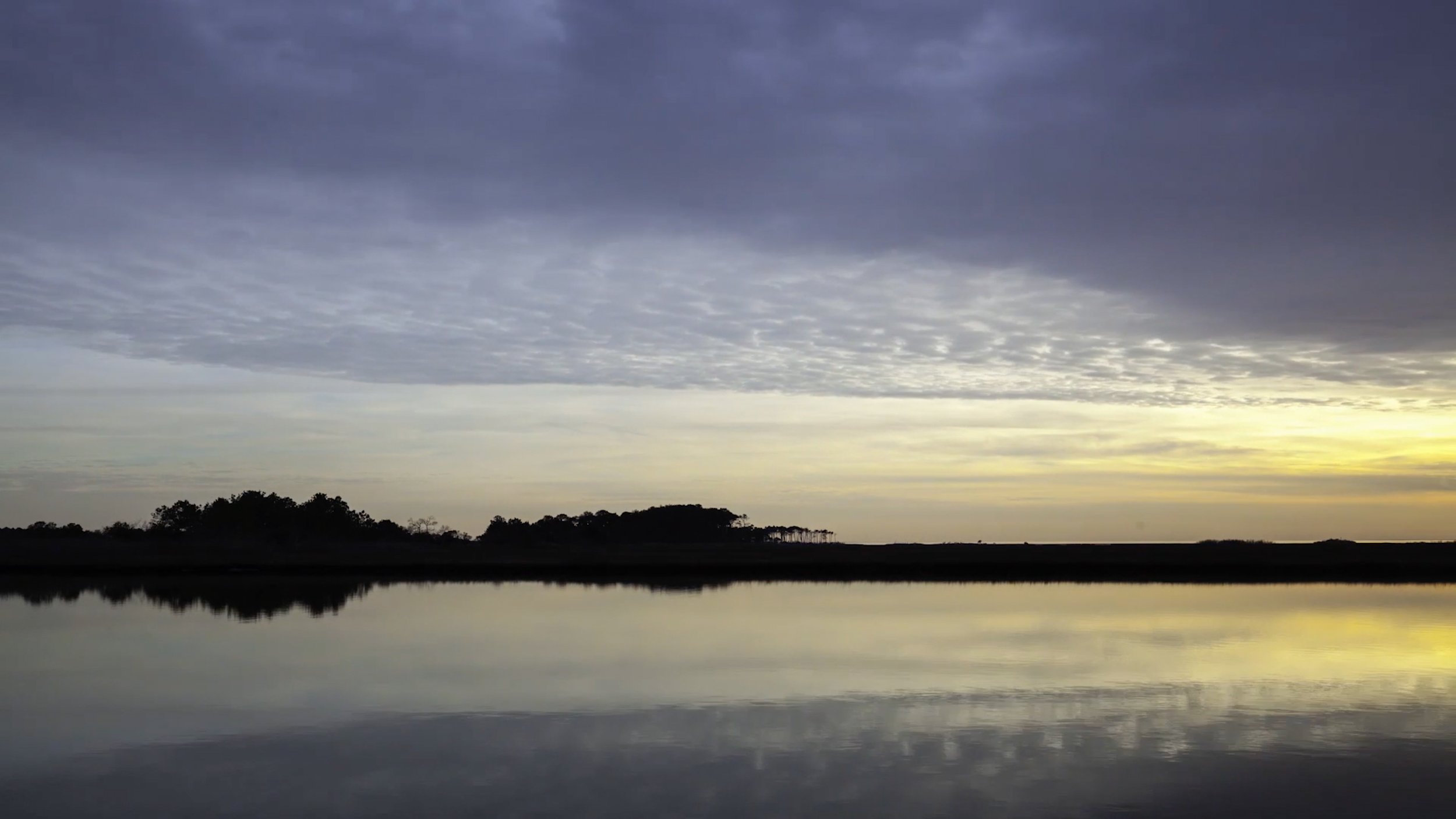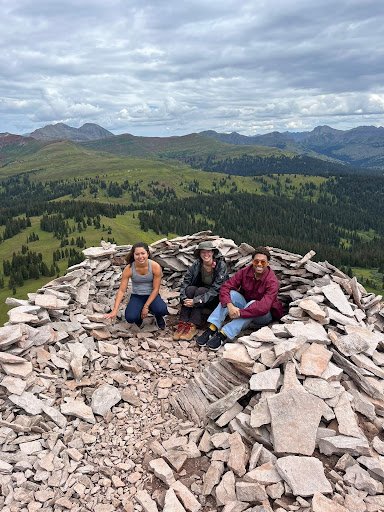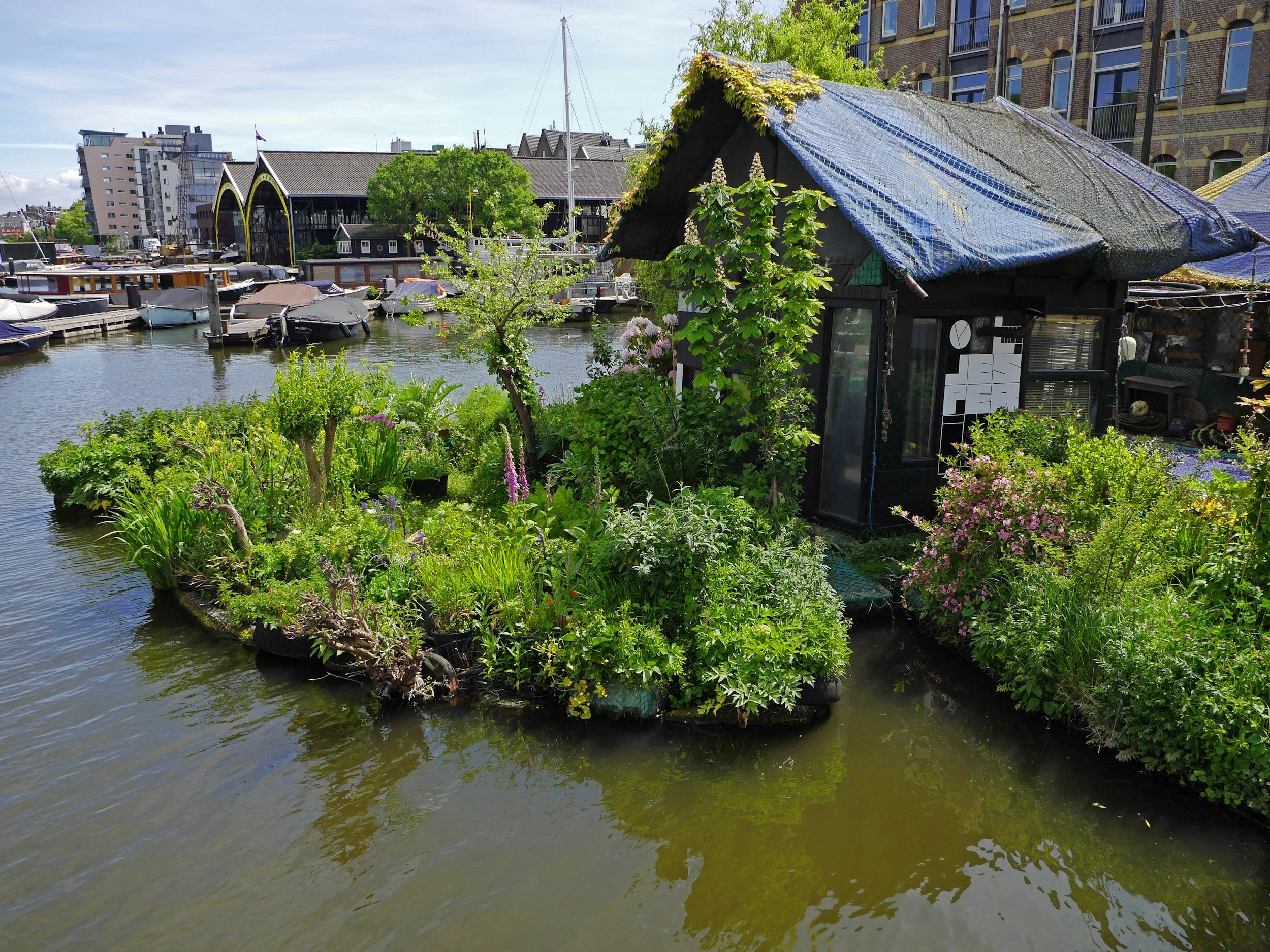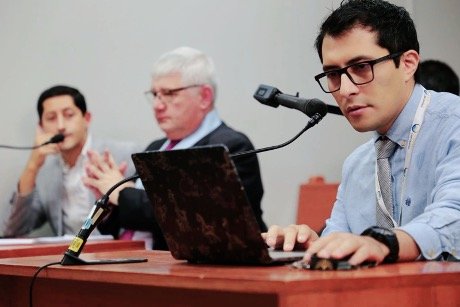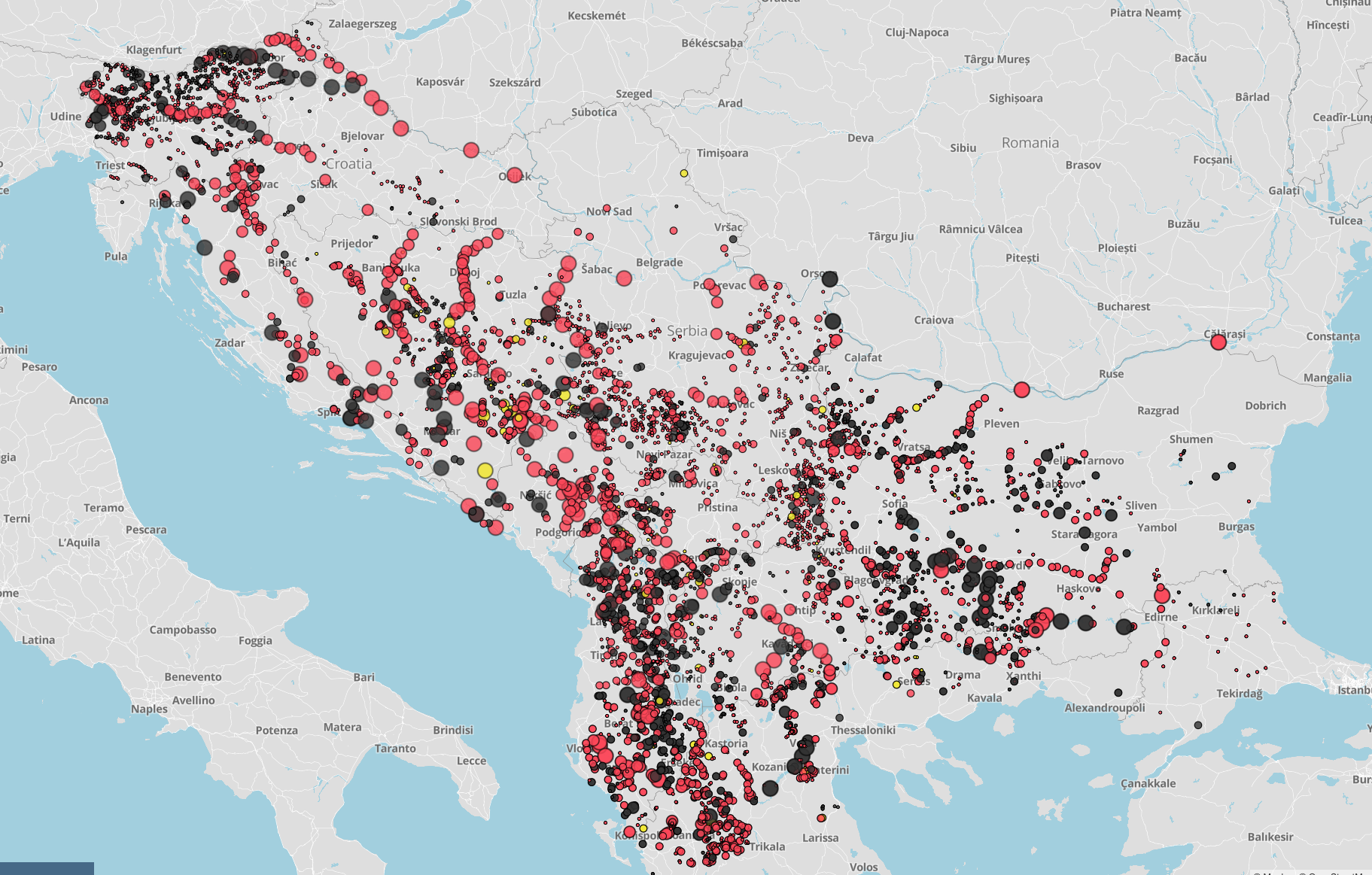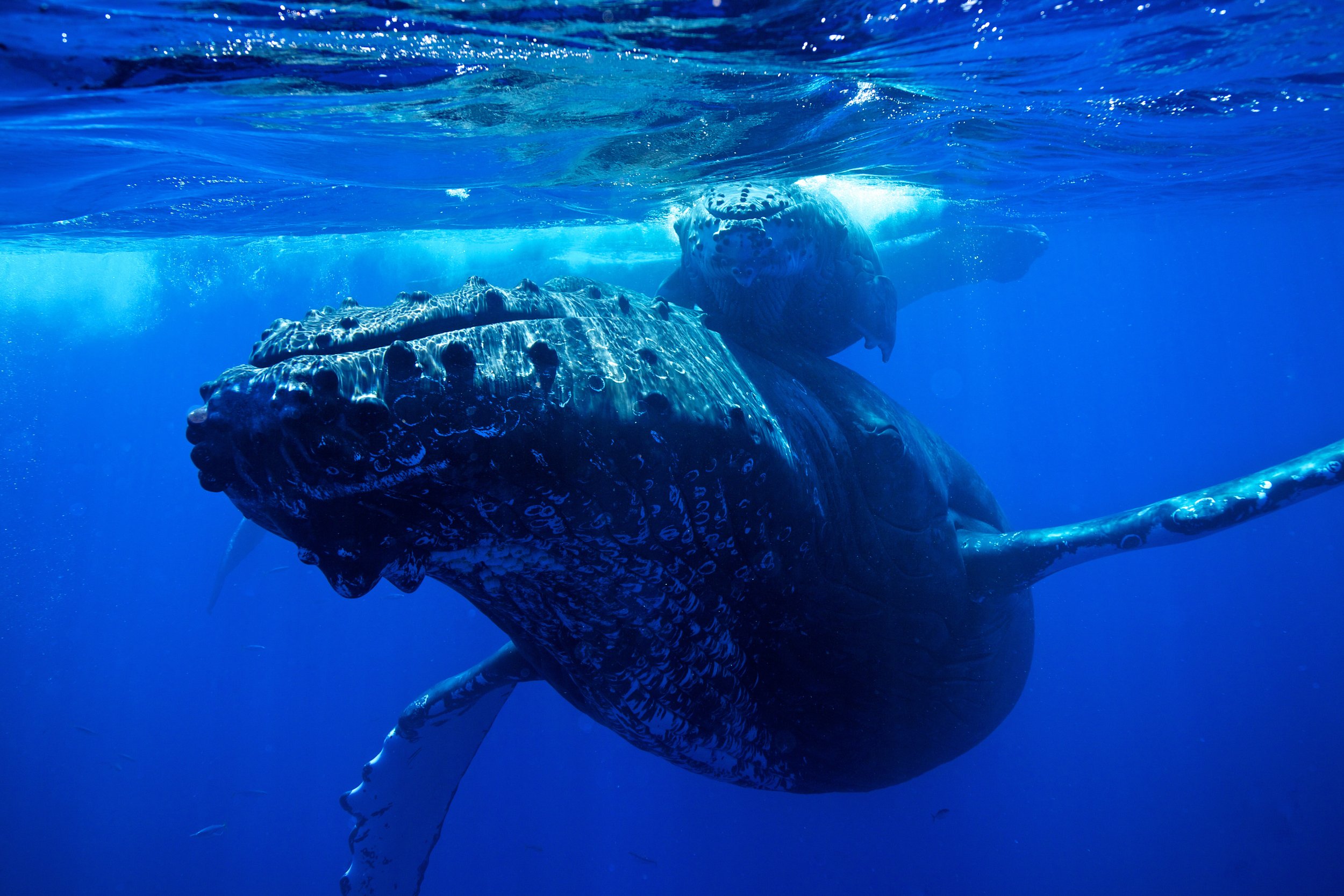
The Earth Law Center Blog
Updates on Earth Law and the Rights of Nature Movement.
Lough Neagh (the Anglicized version of the Irish name, Loch nEachach, pronounced “lock nay,”) is the largest lake in the United Kingdom, an important resource for drinking water and the local fishing and farming economies. But it’s in trouble. Raw sewage and agricultural runoff have harmed the lake, including cyanobacteria algae blooms so bad they could be seen from space. Spurred by the crisis, a coalition of Earth law experts (principally Lawyers for Nature, Earth Law Center, Queen’s University Belfast School of Law, and a corporate law advisor from Pillsbury) have outlined several options for the community, including transfer pathways that would result in the lough’s self ownership.
On July 3, 2025, the Inter-American Court of Human Rights (IACtHR) issued its historic Advisory Opinion OC-32/25, declaring that the climate crisis has escalated into a “climate emergency” and affirming for the first time that States have clear obligations under human rights law to confront it. The opinion also marked the first time an international court has formally recognized Nature as a subject of rights.
Woven throughout Macfarlane’s river journeys is an exploration into the Rights of Nature movement, which advocates for granting legal rights to rivers and other natural entities, often drawing inspiration from Indigenous worldviews and legal systems. Given Macfarlane’s literary pedigree and broad readership, Is a River Alive? thus marks a milestone in bringing the Rights of Nature movement to a wider audience. In an interview, Macfarlane explains, “I wanted to immerse myself in the sheer tumbling vigour of the young rights-of-nature movement, which is one of the running currents in the book.” And immerse himself he does, exploring the intricacies, challenges, and implications of the RoN movement, especially for river ecosystems and the many species, including humans, who depend on them.
It is possible to normalize considerations of harm to Nature by accounting not only for the property and monetary losses related to a marine incident but also the intrinsic value and interests of marine ecosystems damaged in such incidents. In fact, governance within an industry such as marine salvage can help lead the way to a more ecocentric relationship with the ocean.
My dream is that UN member states put forward the call for a Declaration of the Rights of Mother Earth, and then the signatures from our petition back up that call from member states as the voice of civil society.
Pelizzon demonstrates that it is the currently developing ecological jurisprudence—which he depicts more as a spectrum of theoretical possibilities than a single, unified approach—that provides our current legal institutions an alternative framework for engaging with Nature. This spectrum is broad enough to include the advances for Nature made by classic environmental laws, the additional protections afforded to other species through Rights of Nature initiatives, and the activism that has grown up alongside ecological jurisprudence.
This article reviews international, regional, and domestic human-rights based climate cases, as well as those Rights of Nature cases that implicate climate change. These two litigation strategies offer contrasting, yet complementary, visions of climate-related harm. While human rights cases have paved the way for the RoN movement in some ways, the tradition of human rights can also come into tension with the ecocentrism embodied in RoN, and it remains to be seen whether that tension will prove productive or inhibitory to the RoN movement over time.
Marí Luz Canaquiri Murayari, a Kukama leader from Perú’s Loreto region, has won the 2025 Goldman Environmental Prize, often referred to as the “Nobel Prize of environmentalism.” As president of the Federation of Kukama Indigenous Women — Huaynakana Kamatahuara Kana (HKK) — Canaquiri has spent decades defending her people, their culture, and the sacred Marañón River that sustains them. “It's incredible to receive this news—and even more so for the value accorded to us as women,” said Canaquiri in an interview with Earth Law Center (ELC).
There are more than 23 Rights of Nature cases in Brazil that have been approved or are currently underway. Brazil’s Rights of Nature (direitos da natureza) movement includes such highlights as the recent approval for the rights of the Linhares waves and of the Amazonian Komi Memen River. This new blog post begins with a brief look at the history of environmental protection in modern Brazil. It then examines the current cases and approvals of RoN in the country, as well as the potential for a constitutional amendment to codify the recognition of Nature’s rights in the country.
The 2002 Diné Fundamental Laws is the first known codification of the Rights of Nature in a legal context. The Fundamental Laws outlines different rights and laws of the Navajo Nation and its people. It codifies the Diné Life Way. Diné, translating to “The People,” is the traditional name the Navajo people use to identify themselves. The Fundamental Laws addresses a myriad of priorities of the Navajo People and turns ancient, unwritten Navajo philosophy and laws into a more recognized form of law (at least a recognized form by Western standards). The Fundamental Laws also mentions different types of laws: natural law, customary law, common law, and traditional law.
Using international law obligations for this work and for the defense of the environment and human rights is a big opportunity, and it has systematically helped in a lot of situations. I've seen not only Indigenous Peoples and communities but also governments using international law to strengthen their arguments to be able to advance the control, monitoring, and protection of the environment.
Safeguarding Amazonian Stingless Bees is an internationally recognized ongoing project. Begun in Peru in 2023, it is led by Amazon Research Internacional (ARI) working collaboratively with the Earth Law Center (ELC), Instituto de Investigaciones de la Amazonía Peruana (IIAP), Reserva Comunal EcoAsháninka, and the Kukama-Kukamiria Indigenous communities of Loreto. The project integrates scientific, traditional, and legal knowledge and includes adopting a Declaration of Rights for Native Stingless Bees, collecting data to help create technical standards and regulations to support stingless beekeeping, mapping an initial 150,000 hectares of the Amazon, and recognizing the crucial role of Indigenous Peoples' traditional knowledge in enhancing our understanding of stingless bee populations.
On November 20, 2024, Spain’s Constitutional Court issued a pivotal ruling upholding the constitutionality of Law 19/2022, which grants legal personhood to the Mar Menor lagoon and its surrounding basin. This decision—the first in the European Union to establish Rights of Nature at the constitutional level—is a historic milestone for Earth law in Europe.
In November 2023, the US Fish and Wildlife Service (USFWS) published a proposal to kill roughly half a million barred owls to protect a species that barred owls outcompete—the endangered spotted owl. Since then, the USFWS finalized its strategy to manage the barred owls and plans to begin implementation as soon as spring of 2025. The plan to kill barred owls has sparked controversy, with proponents and opponents both advocating fiercely for their positions.
In this blog post, we investigate: What has led to the present moral crisis at hand? Why does the USFWS argue that the killing of barred owls is necessary and justified? And what is an Earth law perspective on this issue?
The following interview was conducted by Earth Law Center (ELC) intern San Kwon with ELC Executive Director Grant Wilson, who attended the 2024 UN Biodiversity Conference (COP16) in Cali, Colombia, from October 21 to November 1, 2024.
COP16 was the sixteenth Conference of the Parties to the Convention on Biological Diversity, which was drafted in 1992 and is currently guided by the Kunming-Montreal Global Biodiversity Framework, adopted in 2022.
Vanuatu, a Small Island Developing State (SIDS) in the South Pacific Ocean, has recently spearheaded two major developments on the international level concerning the Rights of Nature and climate justice.
The United Nations General Assembly (UNGA) passed a resolution requesting an advisory opinion by the International Court of Justice (ICJ) to clarify the legal obligations of States concerning climate change. In addition, Vanuatu, along with Fiji and Samoa, have asked the International Criminal Court (ICC) to consider ecocide an international crime.
This blog post details these important developments and their significance for the international community.
Indigenous Environmental Network (IEN) and Earth Law Center (ELC), two organizations deeply committed to protecting the planet and upholding the rights and responsibilities of Indigenous Peoples, are collaboratively developing a long-term project on Inherent Relationships Jurisprudence. The collaboration seeks to explore the benefits, opportunities, and challenges of Traditional Indigenous Knowledge-based legal frameworks and the Rights of Mother Earth (or “Rights of Nature”), with a focus on legal applications by Indigenous Peoples and Nations.
While urban environmentalism is a core tenet of the ecological movement, my metropolitan notion of land protection was based on pictures and imaginings of distant imperiled landscapes. Earth Law Center is headquartered in Durango, Colorado, a town nestled under the shadow of the La Plata Mountains, mere minutes from the desert, with the Animas River flowing through the heart of downtown. Just days after arriving in Durango, I find myself in conversation for the first time with my long-time pen pal, Nature.
As the world begins to reckon with the unsustainability of industrial agriculture, we are seeing growing interest in the possibility that the ecocentric farming breakthroughs the world needs are here now in the form of traditional Indigenous agricultural methods and their modern adaptations. Indeed, Indigenous communities have a more ecocentric approach to food sovereignty and agriculture than the dominant Western approach, which focuses on production volume rather than the long-term health of the land.
This post examines the history of the concepts “Sustainable Development” and “Harmony with Nature” at the United Nations, and argues that it is time to embrace the latter as a non-anthropocentric environmental ideal.
Earth Law Center’s Latin America team drafts amicus curiae briefs on the Rights of Nature as a tool to cross-pollinate Latin American courts with the ecocentric perspectives of comparative law and supranational courts, an important step toward legal recognition of Nature’s intrinsic value.
Since the entrance of the Balkans into the EU Energy Community in 2006, the EU has propelled nationalized incentives that have led to an incredible expansion of small hydroelectric power into the Balkans, and this birth of hydropower in the so-called “Blue Heart of Europe” has done immeasurable damage to some of the region’s last intact riparian ecosystems.
Spain’s Mar Menor, the first ecosystem in Europe to receive legal personhood, has become involved in several court cases and faces challenges to the constitutionality of its standing.
In March 2024, Indigenous leaders from across Polynesia including Aotearoa (New Zealand), Tonga, Tahiti, Hawai’i, and the Cook Islands signed He Whakaputanga Moana (Declaration for the Ocean), recognizing whales as legal persons with inherent rights. Whale populations have suffered significant decline globally due to human activities. Whilst not a binding international treaty, the Polynesian call to grant personhood to whales is sparking conversations around utilizing Indigenous knowledge to protect whales and combat anthropogenic climate change.
If you are interested in contributing to the Earth Law Chronicles blog, send us a short introduction to yourself and your blog idea: volunteer@earthlaw.org
Header Photo: Unsplash / Oleg Demakov

